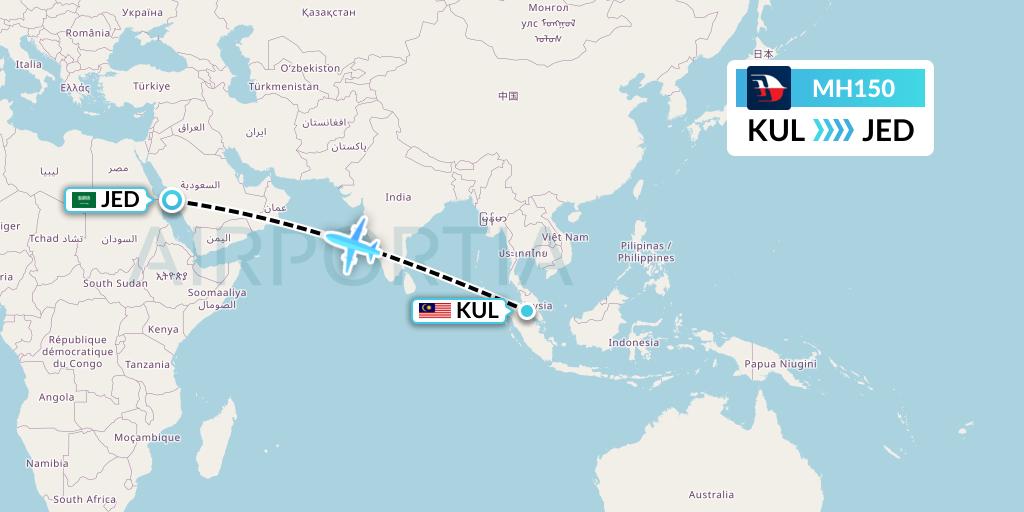The Indian aviation market’s high annual growth and under-utilized bilateral rights are among the plusses being touted by the Indian Government as it seeks a buyer for 76 percent of loss-making flag carrier Air India.
Media reports from India suggest a new owner will get the company ’s aircraft and about $US5 billion in debt to take part in India’s highest-profile asset sale for decades.
The deal will include Air India, wholly owned subsidiary Air India Express and a 50 percent stake in ground handler Air India SATS Airport Services.
But the proposal, which calls for bids by May 14, is already generating political opposition and the new owners face turning around an airline that has lost money for the past decade.
India’s biggest airline, Indigo, has expressed an interest in the proposal and an undisclosed foreign buyer is also said to be looking at the deal.
Indigo operates primarily on domestic routes has about a 40 percent market share compared with a domestic market share by Air India and subsidiary Air India Express of 12.3 percent.
However, Indigo’s state-owned rival has a 16.9 percent share of the international travel market in India. This rises to 42.8 percent when only Indian carriers are considered and includes 43 international destinations and an additional 51 served through codeshare agreements.
Other names raised in media coverage include Singapore Airlines and Qatar Airways.
Singapore operates a joint venture with Tata Group and told The Times of India this remained its priority.
“However, we will keep our options open with respect to the proposed divestment of Air India,’’ The Singaporean carrier said in a statement.
With its biggest hubs in Dehli and Mumbai, the combined Air India/Air India Express group operated 138 aircraft at the end of 2017, split evenly between Boeing and Airbus Types. Almost two-thirds of those are owned.
A Preliminary Information Memorandum issued by India’s Ministry of Civil Aviation cites under-utilized bilateral rights, attractive slots at capacity constrained Indian airports and an upside from better operational performance as among the loss-making carrier’s attractions.
It says there is a ”huge potential” for growth and increased market share in international markets with “scope for improvement in utilization as bilateral rights”.
Increased aircraft utilization and improved load factors also offer a new investor the potential to improve operations and increase returns.
The 85-year-old Air India is also a flag carrier with strong global brand recognition and is “extremely well placed to tap the world’s largest aviation market growing at 18 per cent plus rate”, it says.
The government hopes the sale will be finalized by the end of September and buyers will have to keep the Air India brand for an unspecified period and retain employees for at least a year.
























